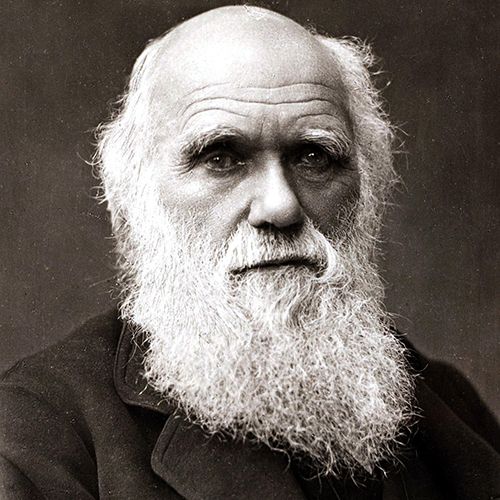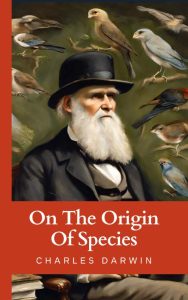
Birthdate: 12th February 1809
Nationality: English
Bio:
Charles Darwin was born in 1809 in Shrewsbury, England. He came from a wealthy family and his grandfather was the famous scientist Erasmus Darwin. As a child, Charles enjoyed exploring the countryside near his home and collecting different plants and animals. Even from a young age, he had a keen interest in nature and the natural world.
Darwin attended the University of Edinburgh in 1825 to study medicine. However, he disliked the classes that involved surgery and was fascinated by geology and zoology instead. After only two years, he graduated with a degree in theology. It was then that he was offered the opportunity to serve as a naturalist on the HMS Beagle which was preparing for a long survey voyage around South America and back. Darwin joined the voyage in 1831 as a self-funded gentleman naturalist and remained on board for almost 5 years. During the voyage, Darwin began to question his religious views and critically examine his beliefs. He also started developing his extensive knowledge of natural history through detailed observations and collecting thousands of plant and animal specimens from the places the ship visited.
When Darwin returned to England in 1836, he began processing, analyzing and publishing his specimens and notes from the voyage. Over the next two decades, he developed his theory of evolution by means of natural selection. Through his studies, he realized that species evolved over generations through a process where favorable natural variations enabled individuals to adapt better to their environment. This gradually led to the emergence of new species. Darwin spent years gathering evidence and examples from diverse fields such as animal domestication, embryology, biogeography and geology to support his groundbreaking theory.
Darwin presented his theory of natural selection in his landmark 1859 book, On the Origin of Species. The book caused much controversy but also positive reception from the scientific community. It transformed scientific thought, natural theology, and culture. Darwin continued to publish further evidence and expanded studies on his theory for the rest of his life. He died at his home in Kent, England in 1882, but his revolutionary scientific legacy continued to develop and shape modern evolutionary understanding in the decades that followed.

